Opinion: Reversing the Politicization of Higher Education
The debate surrounding the value of a college degree has descended into an ideological war zone reignited by the recent Supreme Court decision. This battle of beliefs has given rise to a punditry fixated on whether higher education can maintain its status as a bastion of free speech and thought leadership, or if it will succumb to the mounting opposition against "woke" culture. Once again, the United States is divided into two familiar camps: red and blue.
As a result, affirmative action has become yet another talking point in the ever-enduring debate: is a degree even worth it?
The fallout from this clash of ideologies is an all-out assault on diversity, equity, and inclusion programs. And just this week, we watched the U.S. Supreme Court buck decades of precedent, and the foundation of DEI efforts in higher education, as they ruled to strike down affirmative action in college admissions.
Public colleges and universities must protect their founding principles while leveraging their natural convening power to survive the current crisis. Here are three effective measures they may want to consider in the months ahead.
First, higher education institutions must unapologetically promote intellectual freedom.
They must actively seek out and invite speakers who challenge conventional wisdom, provoke critical thought, and encourage passionate debates. With clear policies to ensure respectful discourse, campuses can once again become a haven for vibrant exchanges.
By committing to free expression – and not just for one side of a debate – we can cultivate an environment that nurtures innovation. And it takes away a significant argument that universities only allow ideas they agree with to be shared. Let’s win this battle with facts and convincing arguments.
Second, as opposition intensifies, it is time for a paradigm shift in diversity, equity, and inclusion efforts. To quell accusations of bias, higher education institutions should shift from focusing on inputs like training toward outcomes like addressing income inequality, fostering economic development, and promoting social mobility.
This would continue to address many of the systemic barriers targeted by DEI and affirmative action programs and forge stronger connections with communities that feel alienated by the current equity narrative.
Income inequality is the closest parallel indicator to race for roadblocks to student success. Average household income for white Americans is 50 percent higher than for Black Americans. Shifting to an economic model of support allows us to level the playing field for everyone. Let’s help those who need it most, even if we have to call it something else.
Third, colleges and universities must come to the frontlines and more actively address the country’s decline of engaged citizenship. While youth voting rates are higher than ever, the desire for Americans to be involved in their communities has dropped from 62 percent in 2019 to just 27 percent in the most recent polls.
Higher education must lead the conversation on improved mental healthcare. It must lead the conversation on participatory democracy and what it means to be part of society. And, in an era of disinformation, it must lead the conversation around data literacy and critical thinking. If we do this successfully, all students – liberal or conservative – can be equipped with the tools they need to be thoughtful, responsible, empathetic leaders and citizens who will move humanity forward. Everyone wants the truth, and no one likes to be lied to. Let’s create a generation of evidence-based thinkers.
All of these strategies will ultimately bolster the value of a college degree in the minds of Americans. While the actual cost of college is too high by all accounts, there is no debate that earning a degree results in a higher likelihood of social mobility, healthier citizens, and more vibrant communities. This isn’t only true for the students that attend; higher education institutions provide intrinsic value as hubs for their communities, research, and more. Public dollars going to colleges and universities aren’t just paying for someone else’s child to go to school, they improve quality of life for everyone.
People fear progress for two reasons: they either don’t understand it, or it threatens a way of life they’ve grown comfortable with. It is becoming increasingly clear that the diminished perceived value of a degree is closely attached to the fact that many Americans are convinced those who grant them no longer have their best interests, or those of the nation, at heart. We must change their minds before it’s too late.
Our global competitors won’t wait their turn.
David Belsky is the founder & CEO of Good Rebellion, a public relations consulting firm that partners with education, health care, non-profits, and government. He is a vice president of the Ruth Bader Ginsburg Democratic Club and led marketing for the State University of New York system for nearly a decade.



